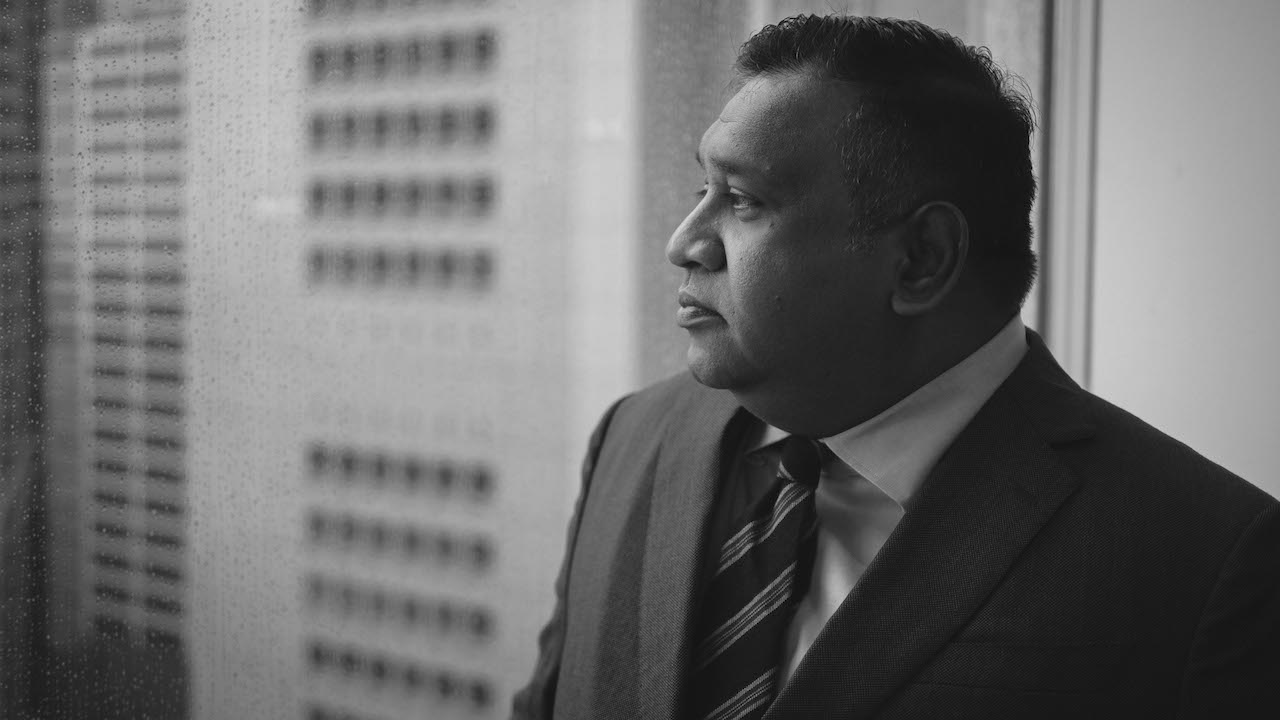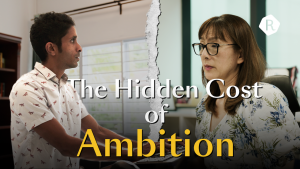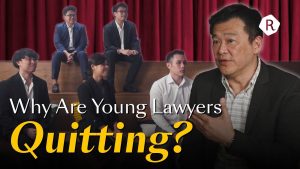It is “very rare” that Shashi Nathan, one of the country’s leading criminal litigation lawyers, comes out in full force to defend the Attorney-General’s Chambers (AGC). After all, the partner at Withers KhattarWong LLP usually fights the AGC in court.
This anomaly happens on a rainy Wednesday morning in his firm’s cushy meeting room overlooking sprawling views of the CBD and Singapore river, where Shashi and I are discussing the Monica Baey incident. He believes the harsh criticism against the National University of Singapore has been fair, but not the public’s blame of the police and AGC.
Despite the online furore around the perpetrator’s conditional warning, Shashi is adamant that the police and AGC are not and should not be obliged to publicly reveal the facts that made them decide not to charge the perpetrator.
“While a great deal depends on facts that might not be known to the public, the decision to charge someone is the prerogative of the AGC. For them to do their job properly, they need to do it without pressure, influence, or the need to explain themselves,” he states.
“Who gets to decide once you start going down the road of having to explain every decision made? I think the public should have a stronger sense of trust in our enforcement bodies.”
Even before Shashi can finish his passionate defence of his regular opponent in court, he catches himself and smiles. After 25 years of dealing with the whole gamut of sexual offences, from underskirt filming to violent rape, he knows a simple truth about life: most situations are never black and white.
Under the right circumstances, a defence lawyer can side with the prosecution; an innocent witness can appear dishonest; a man can turn into a monster.
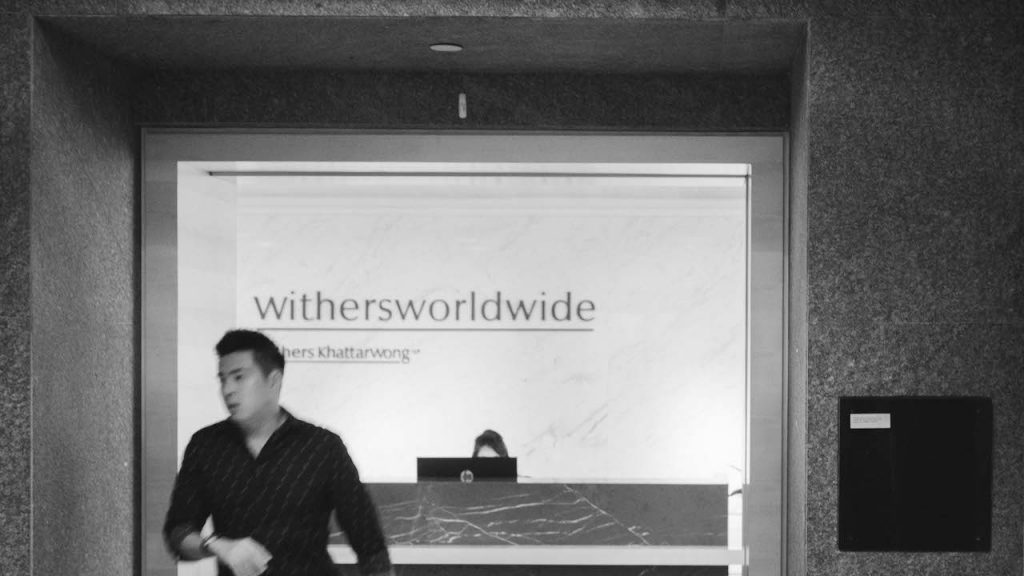
But in this life, our paths have merged and we share a fundamental belief: grappling with these grey areas of human nature is what gets us going every day.
It’s also what keeps him in business. Out of all the cases his firm gets, he estimates an even split between white-collar and blue-collar crime, with about half his blue-collar cases pertaining to sexual offences.
One of the most interesting things about being a defence lawyer, he says, is getting to observe the emotions of the characters that come before the courts: the accused, complainant, friends of the complainant, family members, social workers, police officers, and so on.
Therefore the best way to practise litigation is to be a keen observer of humanity. In fact, it might be particularly relevant for sexual offences, since many involve ‘he said, she said’ scenarios, where body language might end up being the giveaway clue to pinpoint someone’s innocence or guilt.
When Shashi is not in court, he likes nothing better than to sit at a cafe and observe people from all walks of life. This seemingly mundane act is never boring, since analysing people’s behaviour and learning about what makes them tick is precisely why he calls himself “lucky” to do this job every day.
“I spend a large amount of time observing the witness. When the evidence is being presented, obviously I listen to how it’s introduced. But mostly I pay attention to the demeanour of the witness, how they react to certain questions, whether they’re sensitive to specific areas of the evidence, their dressing and mannerisms, and the way they look at the judge, the accused, or the gallery for affirmation or validation,” he explains.
The information he gathers helps him decide on the style of questioning he uses to cross-examine each witness.
With some witnesses, for instance, he has to first make them feel comfortable with him as the questioner before he delves into more important or penetrative questions. This could mean employing “soft language” or “kid gloves” to get them to open up to the court—tactics that lawyers tend to adopt with “vulnerable” complainants, depending on their age or their relationship to the accused.
As much as it might not appear so, empathy is a crucial skill for any defence lawyer. Shashi believes the defence must be able to empathise with the complainant, their families, what they’ve gone through, and the difficulties of being grilled in court after their ordeal.
Take, for example, a rape accusation that’s been made a considerable amount of time after the incident. He understands that some people need time to digest what happened to them, to do some soul searching, or to stop blaming themselves for what happened. Others might not want the publicity, or there might be a family member involved.
But empathy doesn’t mean giving someone an easy time or letting them off the hook. It’s simply about treating them with fairness, civility, care, and consideration.
“Asking the complainant why they waited so long to make the report is a question that must be asked, because we need to know why. But it should not always be held against the complainant, nor should the case hang on that alone. The courts and defence lawyers should be fair about it; give it the correct weight,” he explains.
And if, at any time, the witness is rude to the lawyer cross-examining them, Shashi says most judges will themselves intervene. There is no need for a lawyer to descend into a line of questioning designed to embarrass the witness or raise one’s voice as they do in TV dramas, even though this has happened in our courts.
“For the whole system to work, we recognise that the prosecution, defence, and the court must work together. We might do different things, but if one of us isn’t allowed to work properly, the system becomes like a tricycle with one wheel broken. It doesn’t become a bicycle after that, right? It simply stops working,” he says.
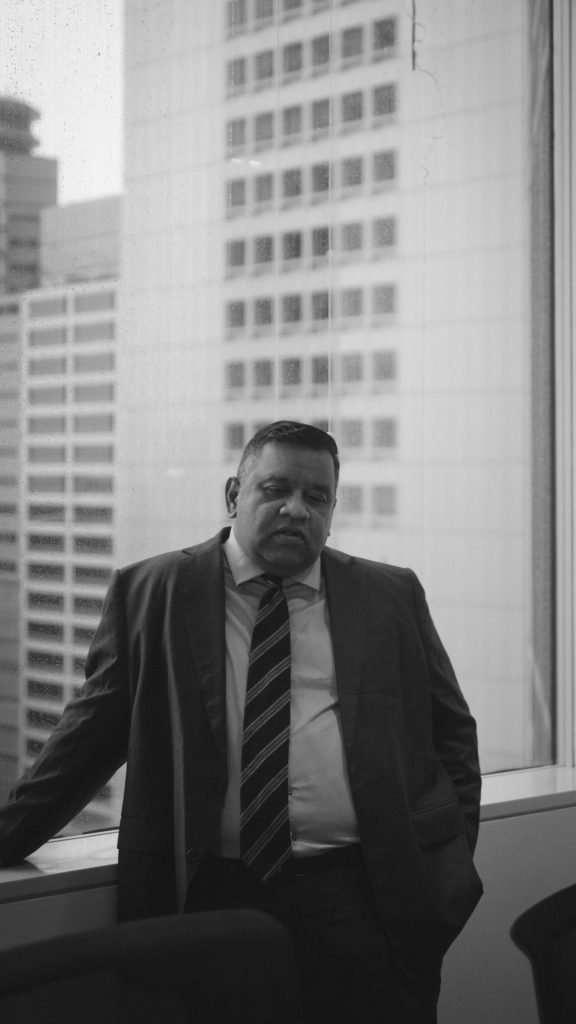
“Most people who ask how I can defend a despicable man don’t consider that one day their loved one might be similarly accused. It’s easy to judge other people when it doesn’t affect you. But when something hits close to home, you will want someone to put up the best defence for you or your loved one,” he says.
“I believe everyone is entitled to be defended. We do our best, but we also need to test the evidence. In order to do that, we need to cross-examine complainants to see if they’re telling the truth. Because if they are, the accused could go to jail for a very long time.”
If and when the evidence has been analysed in court and the court finds the accused guilty of the crime, Shashi firmly believes they should go ahead and charge them.
“I think all defence lawyers would say the same. Please punish them and punish them appropriately. First, because they deserve to be punished, and second, because we must send a strong signal to society that the law will not allow these crimes to happen.”
No matter the verdict, however, there are rarely clear winners and losers. Many cases have multiple victims in the end, from the victim themselves to the perpetrator’s family, all of whom might face varying degrees of financial, social, and psychological stress during the course of the trial.
Do people ever question how you sleep at night? I ask.
“I don’t really sleep at night,” he laughs.
For the whole system to work, the prosecution, defence, and the court must work together.
To begin their investigation, the police take statements from the complainant and accused, as well as several witnesses. They would probably invite both complainant and accused to take a lie detector test, even though the results of the test are not admissible as evidence in court.
During the police’s questioning, neither the complainant nor accused should record their conversation with the police because it might compromise the investigation. However, what they can and should do is immediately write their own notes about what they said once they leave the room, while the interview is still fresh in their minds.
After that, the investigating officer puts up a recommended charge about what they think of the case and sends it to the AGC, where an assigned Deputy Public Prosecutor (DPP) will look at the file. At this stage, the DPP doesn’t just consider the police’s perspective, but the legal perspective.
If the AGC agrees with the police on the preferred charge, they may affirm the recommendation. Alternatively, they may suggest a different charge, which the police may then follow.
After making a report, the complainant should refrain from posting about the case online. Even though it is not illegal, and Shashi empathises with complainants who turn to social media, he strongly advises against putting a case into public domain while it’s still undergoing investigation.
His reason is simple: in today’s age, these incidents tend to go viral and inevitably launch a thousand social commentaries, creating pressure on the police to charge the accused.
Finally, if the accused is acquitted and the complainant is unhappy with the verdict, they should be “very careful” about how they go about seeking closure or justice that they believe they weren’t given, especially if they are considering taking to social media with their grievances.
But, I counter: isn’t the act of taking to social media almost the inevitable result of a system that has failed at meting out adequate justice for the crime?
Namely, I’m referring to how Monica Baey posted a screenshot of her perpetrator’s Instagram account, among a stream of Instagram Stories detailing what he did to her.
“To be fair, she came across as a brave young lady. She is entitled to be angry and speaking up the way she did, and I have no issue with his name being published by her. If you are an actual victim, you are entitled to name your perpetrator,” he explains.
“What I take issue with are online keyboard warriors. Instead of focusing on the young lady and what she went through, many criticise the police and the AGC, and forget about the girl’s cry for justice. It’s hard to say whether they really care about Monica.”
In fact, Shashi thinks it’s unfair that many female complainants don’t come forward when a sexual offence has been committed against them. But neither does he believe there’s anything wrong with the system; for one, there are rape squads attached to every police division.
Perhaps then, the problem lies with society’s insistence on black or white narratives. We are wildly uncomfortable with uncertainty, especially acknowledging that good and bad are often relative.
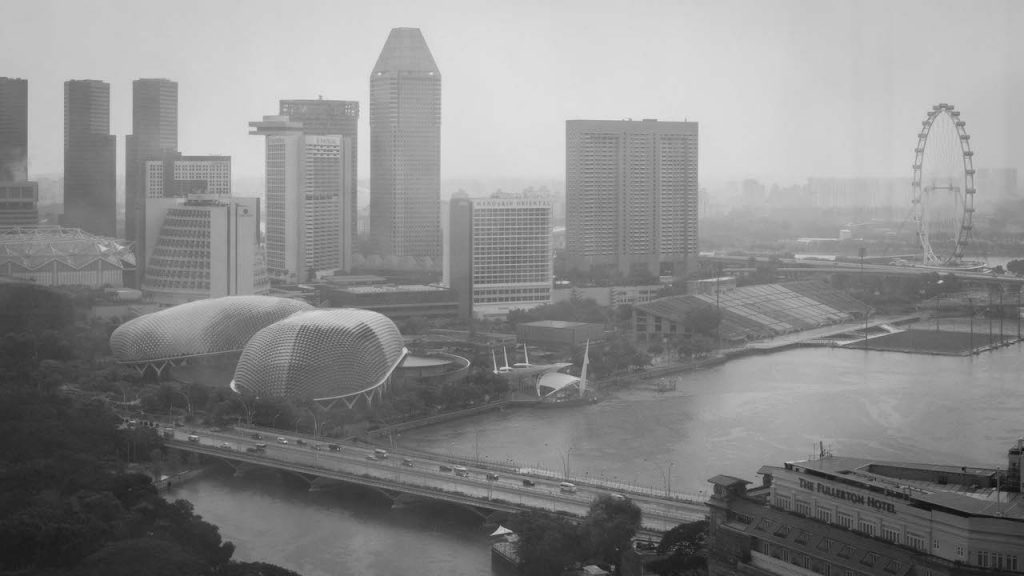
However, the fact is that getting sentenced for a crime one didn’t commit can literally cost someone their life. And so, for better or worse, false allegations are part of why Shashi and other defence lawyers continue to have their job.
Shashi recalls a former case when he was at Harry Elias around 2001, when a complainant lied about her father sexually assaulting her. At the time she made the complaint, she was 14. As a result, her father was put in remand and had all his children taken away to be placed in a halfway house.
When the case eventually made it to court, she was 18. Seeing as she had difficulty answering even innocuous questions, the defence took almost four days to cross-examine the complainant. While her police statement was clear, she offered a different version of events in court.
Around the ninth day of trial, she broke down and told the judge she had been lying. Apparently, her father became excessively strict with her after her mother had passed away, so she grew angry and resentful.
If her father had been found guilty, Shashi says he would have been caned and sentenced to jail for more than 10 years.
“You go into any trial with the hope of winning, but you can’t give any client any guarantee. The whole process is such a fluid situation. You don’t how witnesses will turn up, how evidence will be received, whether evidence is tainted or manipulated, and so on. We didn’t expect the result,” he adds.
Cases, where a complainant has motive to lie or exaggerate the truth, might be rare, but they are the reason Shashi prefers the term ‘complainant’ instead of ‘victim’. Although some people take issue with his characterisation, he believes it’s an important point to remember.
“Too often when we brand someone as a ‘victim’, it’s unfair to the accused. Being accused doesn’t mean you’re convicted, but being a victim suggests that a crime has already been committed. Until it’s proven in court that a crime did happen, a ‘victim’ is a ‘complainant’,” he explains.
“The day we forget this, we run into a problem. We start labelling and pigeonholing people into categories and it affects how we weigh the evidence.”
While he is full of praise for organisations that help women, he concedes that they might have a “skewed view” of how the criminal justice system works.
“When they say every girl who comes to them is a victim, I disagree, even though there may be a large proportion of them who are victims and who need their help. But there are always two sides to the coin. These organisations don’t see the families that I see getting broken up,” he shares.
Even though Shashi might sympathise with a complainant, his painful objectivity can rub people the wrong way. Being able to take a step back from a deeply personal topic to look at the evidence from the other side is a privilege offered to few, least of all the disenfranchised who face discrimination daily.
But objectivity is not a privilege he has. It is his job, and the bare minimum for how he must understand and present the world.
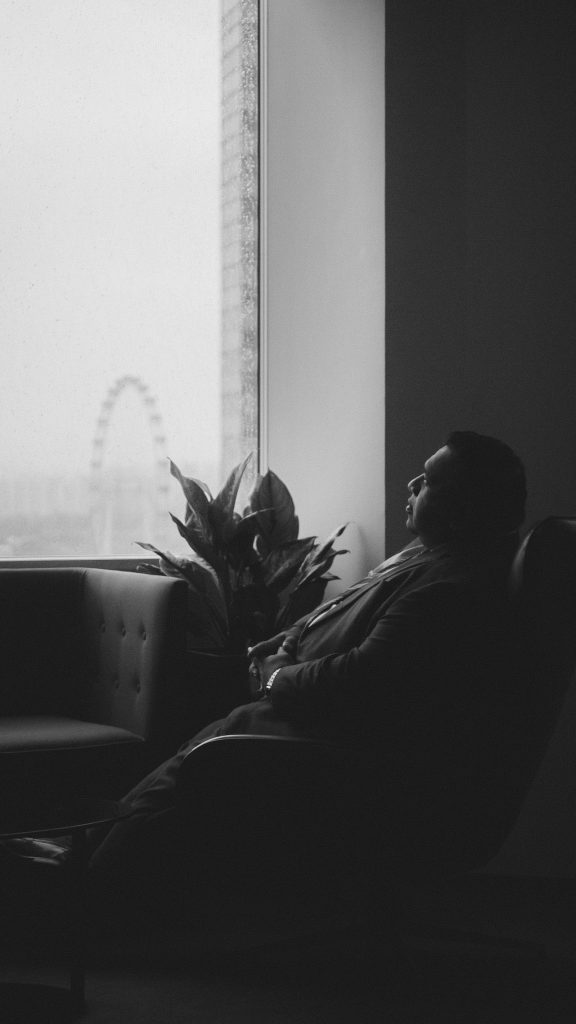
He brings up his first murder case around 1994, where he was an assisting counsel. The case involved a Thai man who had murdered a compatriot of his at a work site, and seemingly covered every avenue in criminal litigation, such as violence, sex, greed, robbery, alcohol, and drugs.
“I believed he was innocent all the way through and that someone else had killed the victim. Even after he was charged, he kept saying he didn’t do it when I visited him in prison. But we’d lost the case at the high court and lost it again at the court of appeal,” he says.
“I wasn’t really affected after the verdict, but two to three days before he hanged, he asked me to send a letter to his wife in a Northern province in Thailand. He was only 23 or 24 years old; she was 18 and they had a son. The note was short, but it was to inform her that her husband had died. That’s when it hit me.”
Following the case, Shashi questioned his suitability for the job and didn’t sleep properly for a few weeks. He constantly wondered if he had done enough.
Recently, another client with a wife and children was sentenced to death row for drug trafficking. Even though he was originally given a sentence of 15 years in prison, the court of appeal overturned the appeal and sentenced him to hang.
“When I was young, I had doubts about my ability. As a young lawyer, I would ask if I was good enough, did I do the right thing, and so on. I don’t have those doubts anymore; my team and I do good work and we have a good standing in the courts,” he muses.
“But what still hits you is that your client is going to die.”
Knowing people’s lives rest in one’s hands can be emotionally draining even for the strongest person, but the trick to preventing burnout lies in how deftly one moves on from a case, especially after feeling so strongly and deeply for it.
“The next deserving client and the next sad story I hear draws me into the next case. That is the antidote for me. The next challenge heals, though maybe not fully, and papers over. You need to focus on what’s next.”
For Shashi, it appears eventual closure remains as grey as cases and people themselves.
Yet if he’s observed himself as keenly as he has humanity throughout the last 25 years, he’d know the greys will continue to exist because he cares enough about giving the next alleged voyeur, molester, or rapist a fair trial.
There may rarely be blacks or whites, but if he plays his cards right, he could still get a good night’s sleep.

